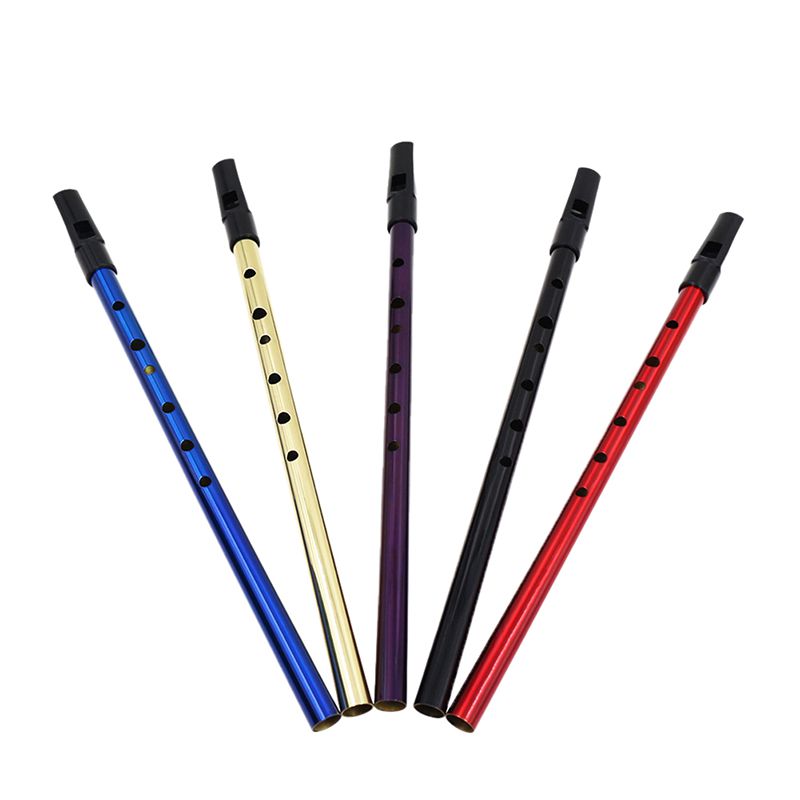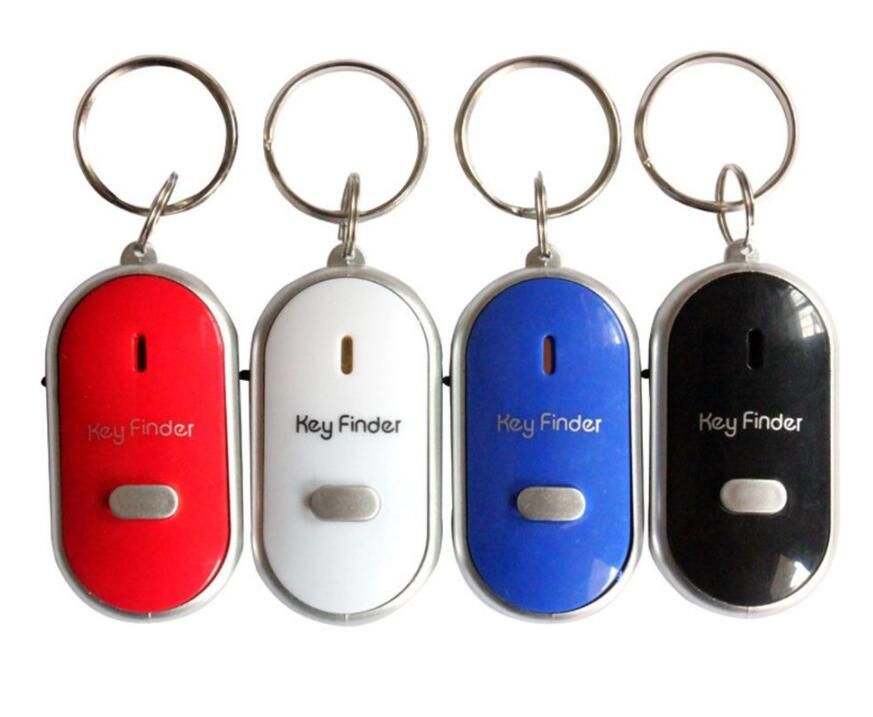

Failing to come forward about any wrongdoing that you have witnessed can result in you being accused of colluding with the person(s) who has caused the harm.Īll establishments that provide a healthcare service to vulnerable adults should ensure that the working environment encourages employees to challenge poor and dangerous practices. If you notice any instances of harm, abuse, or neglect, then you have an individual responsibility to raise concerns to somebody who can take action.

If you are a healthcare professional, you have a duty of care towards vulnerable adults and a responsibility to draw attention to poor practice in your workplace. Sadly, it is not always the case that adults are treated with dignity, respect, and compassion, and in certain cases, their health and safety may be at risk because of the treatment they receive. Why is Whistleblowing Important in Healthcare? In circumstances where they are not being treated this way, whistleblowing ensures that the malpractice is acted upon and that vulnerable adults receive the care and support they deserve. Whistleblowing is an essential part of safeguarding adults: all adults deserve to be treated with dignity and respect at all times. Whistleblowing, however, is different to both a complaint and a grievance because it involves a situation where an employee raises a concern about some form of malpractice that they have witnessed in their workplace. Individuals who work in an organisation and want to raise a grievance about their employment rights can make a grievance following an organisation’s dedicated procedure. Individuals who use a service, their family, or somebody who represents them can make a complaint about a service, usually following the organisation’s complaints procedure. Whistleblowing is not the same as making a complaint or raising a grievance.

Whistleblowing is the process whereby an employee raises a concern about malpractice, wrongdoing, risk, or illegal proceedings, which harms or creates a risk of harm to the people who use the service, employees, or the wider community. If you work with vulnerable adults, you have a duty to protect them at all times, including reporting any instances where this is not the case. The basis of safeguarding adults is to protect adults who have additional support needs that make them vulnerable to abuse and neglect, as well as the risk of it. What is Whistleblowing Regarding Safeguarding Adults?
#SIMILAR WHISTLE PHONE HOW TO#
We will explain how to ‘blow the whistle’, and your protection as a whistleblower, in this article. If you suspect that somebody is suffering mistreatment, then you must raise your concern and report it. This is clearly unacceptable, and nobody should have to suffer abuse or neglect, especially not at the hands of those who are supposed to protect them.

These adults are known as having safeguarding needs and are sadly at a higher risk of harm due to these needs. Unfortunately, this is not the reality for some adults.Ĭertain adults are considered more vulnerable due to their age, if they have a physical or learning disability, if they have a long term health condition and/or they’re frail, or if they are considered as lacking the capacity to make a decision.
#SIMILAR WHISTLE PHONE FREE#
Finally you will find a full-powered, clear whistle.We all deserve to live a life free from abuse, neglect, and the risk of it, regardless of age, any disabilities, or who we are.So you will need to tighten the seals made by your tongue and lips. This is due to air leaking from outside the space between your fingers. Soon you will hear a whistling sound, but the sound will remain soft and airy.From here, it's mostly a matter of readjusting your fingers until you can get a clearer sound. You may hear something close to a whistle, with some vibration in your lips. Later you will hear a sound similar to that of a jet engine.The best thing to do during this stage is to go back through the steps required to whistle loudly and make adjustments to your technique. At the beginning you will hear air flowing through your lips without hearing an actual whistling sound.Make adjustments during each milestone if you are having problems moving on. For the majority of novice whistlers, there are four major stages of practice involved in learning how to whistle loudly.


 0 kommentar(er)
0 kommentar(er)
